大きな写真を手に入れよう
ntroduction
Ever heard the saying “Get the big picture?” Have you noticed how your senses are heightened when you are in a challenging situation? It’s like having an adrenalin rush that gives you abnormal energy. This is one of the obvious experiences of being an illiterate. References to reports from Ghana Statistical Service indicate that 38.3% of Ghanaians cannot read and write. That is pathetic to account for as a country that holds education as the heart of its development.
Ever heard the saying “Get the big picture?” Have you noticed how your senses are heightened when you are in a challenging situation? It’s like having an adrenalin rush that gives you abnormal energy. This is one of the obvious experiences of being an illiterate. References to reports from Ghana Statistical Service indicate that 38.3% of Ghanaians cannot read and write. That is pathetic to account for as a country that holds education as the heart of its development.
Pythagoras once said “The beginning of every government starts with education of its youth”. It makes sense, he was a philosopher and a mathematician, and he knows the importance of learning. As I was thinking through this, I began to think deeper into the FREE SHS policy initiative by the government. A lot of scholars and political expertsin the country have had a fair bite of the national issue; most of the popular concerns raised about the policy are in relation to the funding and its sustainability.
Sometimes we are so zealous to quickly give our views and opinions about national issues that we forget about what is significant. I was listening to a debate among my friends once and they seemed so passionately to dispute the policy for free SHS because they believed the country has poor financial grounds and most importantly the education sector needs restructuring before the government can think about making education free. Then it gave me a reason to think about what they said and relates to the current state of education in the country, and I realized in many cases they were right. Of course, the education ministry needs restructuring and the vision and objective of the ministry must be redefined.
In the government policy manifestoon education, the government stated that it will redefine basic education to include Senior High School (SHS), covering vocational, agricultural and technical schools, and make it existing free on a universal basis to all Ghanaians. We’ve all heard the saying that “education is the key to success”.
Education has being the process of acquiring knowledge, skills, values, beliefs and habits so if the government fails to educate its citizenry, it blunts the knowledge and skills of the people and grinds down the development of the nation as a whole. The growth of the nation continues wallows as majority of Ghanaians are not able to exploit the abundant natural resources. Why is it highly essential for every Ghanaian to have free access to SHS education? Carl Jung once said “to ask the right question is already half the solution of a problem”.
History of Education
If we want to understand why regular schools are what they are, we have to do away with the impression that they are products of theoretical necessity or scientific insight. They are, instead, products of history. Schooling, as it exists today, only makes sense if we view it from a historical perspective. From the beginning of humankind for hundreds of thousands of years ago, children educated themselves through self-directed play and exploration.In the generations of inter alia the Great Socrates, Aristotle, Isaac Newton, Albert Einstein, Galileo Galilei, Charles Darwin, Leonardo Da Vinci, Nicolas Copernicus, Archimedes, Niccolo Machiavelli,Pythagoras, Brahmagupta, average children become educated through their own play and exploration, without adult direction or prodding, and go on to be fulfilled, effective adults in the larger culture. Instead of providing direction and prodding, schools provided rich setting within which to play, explore, and experience democracy at first hand; and it does that at lower expense and with less trouble for all involved than is required to operate standard schools. So why aren’t schools like that in our generation?
If we want to understand why regular schools are what they are, we have to do away with the impression that they are products of theoretical necessity or scientific insight. They are, instead, products of history. Schooling, as it exists today, only makes sense if we view it from a historical perspective. From the beginning of humankind for hundreds of thousands of years ago, children educated themselves through self-directed play and exploration.In the generations of inter alia the Great Socrates, Aristotle, Isaac Newton, Albert Einstein, Galileo Galilei, Charles Darwin, Leonardo Da Vinci, Nicolas Copernicus, Archimedes, Niccolo Machiavelli,Pythagoras, Brahmagupta, average children become educated through their own play and exploration, without adult direction or prodding, and go on to be fulfilled, effective adults in the larger culture. Instead of providing direction and prodding, schools provided rich setting within which to play, explore, and experience democracy at first hand; and it does that at lower expense and with less trouble for all involved than is required to operate standard schools. So why aren’t schools like that in our generation?
Evolution of Education
In relative to the biological history of our species, schools are very contemporary institutions. For hundreds of thousands of years, before the advent of agriculture, we lived as hunter-gatherers. In evidence from anthropology, children in hunter-gatherer cultures learned what they needed to know to become effective adults through their own play and exploration. The strong innovative initiatives in children to play and explore apparently came about, during our evolution as hunter-gatherers. Adults in hunter-gatherer cultures allowed children almost unrestricted freedom to play and explore on their own because they acknowledged that those activities are children's natural ways of learning.
In relative to the biological history of our species, schools are very contemporary institutions. For hundreds of thousands of years, before the advent of agriculture, we lived as hunter-gatherers. In evidence from anthropology, children in hunter-gatherer cultures learned what they needed to know to become effective adults through their own play and exploration. The strong innovative initiatives in children to play and explore apparently came about, during our evolution as hunter-gatherers. Adults in hunter-gatherer cultures allowed children almost unrestricted freedom to play and explore on their own because they acknowledged that those activities are children's natural ways of learning.
With therise of agriculture age, and later of industrial age, children became forced laborers. Play and exploration were gaged. Willfulness, which had been a virtue, became a vice that had to be beaten out of children. In sum, for several thousand years after the advent of agriculture and industrial age the education of children was, to a substantial degree, a matter squashing their willfulness in order to make them good laborers. A good child was an obedient child, who stifles his or her urge to play and explore and ingloriously carried out the orders of adult masters. Such education, unfortunately, was never fully successful. The human drives to play and explore are so powerful that they can never be fully beaten out of a child.
For innumerable reasons, some religious and secular leaders advocated and promoted the idea of universal, compulsory education, education was understood as inculcation. Much of the push for universal education came from the emerging Protestant religions. Notable among, Martin Luther declared that salvation depends on each person's own reading of the Scriptures, a corollary not lost on Luther, was that each person must learn to read and must also learn that the Scriptures represent absolute truths and that salvation depends on understanding those truths. In America, in the mid-17th century, Massachusetts became the first colony to mandate schooling, the clearly stated purpose was to turn children into good Puritans; apersonwhoadherestostrictmoralorreligiousprinciples.As nations gelled and became more centralized, national leaders saw schooling as means of creating good patriots and future soldiers.
Overview of Education in Ghana
In Ghana, there are2,6,3,3,4 system of education; Kindergarten – 2 years, Primary – 6 years, Junior High School - 3 years, Senior High School - 3 years and tertiary institution - 4 years. The medium of instruction in Kindergarten and Primary is the Ghanaian language and English. At the basic level, much emphasis is on Literacy, Numeracy, Creative Arts and Problem Solving Skills.
In Ghana, there are2,6,3,3,4 system of education; Kindergarten – 2 years, Primary – 6 years, Junior High School - 3 years, Senior High School - 3 years and tertiary institution - 4 years. The medium of instruction in Kindergarten and Primary is the Ghanaian language and English. At the basic level, much emphasis is on Literacy, Numeracy, Creative Arts and Problem Solving Skills.
At the JHS, emphasis is placed on English Language, Mathematics, Social Studies, and Integrated Science including Agricultural Science, a Ghanaian language, Technical, Vocational, Information and Communication Technology.After Junior High level, students choose to further in different streams at Senior High level, admission to the over 500 Senior High School is competitive.
In the public schools, all students take a Core curriculum consisting of English Language, Integrated Science, Mathematics, and Social Studies. Each student is required also to take three or four Elective subjects, chosen from one of seven groups: Sciences, “Arts” (social sciences and humanities), Vocational (visual arts or home economics), Technical, Business, or Agriculture. Once student complete Senior High School, it is expected of them to advance their knowledge in the tertiary institutions (universal universities, technical universities or vocational universities). Admission to the tertiary institution is extremely competitive, especially in fields such as medicine, engineering, law, and pharmacy. Ghana’s tertiary institutions enroll over 100,000 students in undergraduate, certificate and diploma programs in a full range of academic and professional fields.
Problems identified in the Ghana education sector
Over-politicization is the root of the menace facing education in Ghana. It is conjoint knowledge that the art of governance is multifarious and uneasy. The task often becomes unproductive mainly because political leaders and public officials over-politicize initiatives of incumbent governments on education. When this happens, governments allow political considerations to blur the nationalistic vision of education. In the process, unfortunately, governments resign and resort to distractive coping educational policies. Governments thereby leave office without resolving the fundamentally critical issues bedeviling the improvement of education in Ghana. It is mystifying for governments to have spent time, money and the resource of educational experts, and the general public on an educational forum chiefly to determine whether duration of education should be 3 years or 4 years, basic education to be changed to junior high school, O’level to be changed to senior secondary school to senior high school, polytechnics to technical universities, and teacher training Colleges to Colleges of education. Is it not simply ridiculous that governments waste the scarce resources on unproductive investments?
Outmoded“chew and pour” method of teaching and learning throughout the 5 systems of educational cycle, particularly in the tertiary institutions in Ghana need to be diversified. Ghana educational curricula are so outmoded to the point that teachers and lecturers do not have the enabling space to challenge the minds of students to be innovative. Syllable used in 5 decades ago is still used today even though the world is fast evolving. Why must teachersassess students with past questions of 1970s and 1990s? Is it the reason that teachers themselves do “chew and pour” or there are regulations that restrict them to set questions that address present day problems we face in our societies? We must understand that teaching is to coach or indoctrinate innovative skills to students. Education in our present competitive generation has gone past merely reading and writing, you cannot be successful if ones acquired skills is to read a textbook and summarize the context into another writing. In my sincere understanding, that is legalized plagiarism. That system must scrub if we are serious as a country that prides on education for national development.Today, the Ministry of Education spends less than 10 percent of its annual budget on research; this is totally misplaced of priority and waste of State resources. Ghana Education Service is failing to realize its potential partly because of underinvestment and structural barriers.
Mindful of this plea for caution, it is imperative to recognize that, despite the unquestionable approval of loans by governments to improve facilities in the education sector, one undisputable challenge of education in Ghana has been inadequate infrastructure to accommodate the rapid high rate of students who are made to believe that classroom education is the ultimate and guaranteed approach for one to be successful in future. To equip Ghanaian students to succeed in the global economy, we must provide a high-quality education that fosters the creativity, innovation, and analytical rigor necessary to keep Ghana at the frontier of the development. A more promising approach to keep Ghana at the frontier of its development is putting in place adequate and necessary environment for students to explore their innovative ideas. This mechanism must not be emphasized on only some selected fields but rather new reformed educational curricula that meet the inherent potentials of students’ in the lower level.
https://www.modernghana.com/news/822271/get-the-big-picture.html
とても興味深く読みました:
\documentclass[12pt]{article}
\usepackage{latexsym,amsmath,amssymb,amsfonts,amstext,amsthm}
\numberwithin{equation}{section}
\begin{document}
\title{\bf Announcement 388: Information and ideas on zero and division by zero\\
(a project)\\
(2017.10.29)}
\author{{\it Institute of Reproducing Kernels}\\
Kawauchi-cho, 5-1648-16,\\
Kiryu 376-0041, Japan\\
}
\date{\today}
\maketitle
The Institute of Reproducing Kernels is dealing with the theory of division by zero calculus and declares that the division by zero was discovered as $0/0=1/0=z/0=0$ in a natural sense on 2014.2.2. The result shows a new basic idea on the universe and space since Aristotelēs (BC384 - BC322) and Euclid (BC 3 Century - ), and the division by zero is since Brahmagupta (598 - 668 ?).
In particular, Brahmagupta defined as $0/0=0$ in Brāhmasphuṭasiddhānta (628), however, our world history stated that his definition $0/0=0$ is wrong over 1300 years, but, we showed that his definition is suitable.
For the details, see the references and the site: http://okmr.yamatoblog.net/
We would like to write some story on zero and division by zero. For this purpose, we would like to gather some wide ideas and feelings on the zero and division by zero. For some precise facts and some wide viewpoints on these topics, please kindly send your ideas and feelings. For some valuable ones, we would like to immediately distribute them as in examples on the division by zero (now over 670 items).
For your kind comments, several lines will be well-comed
and or in A4 one page in word.
Please kindly send your ideas to the e-mail address:
\medskip
kbdmm360@yahoo.co.jp
\medskip
We would like to hear your valuable and interesting ideas on these topics.
\bibliographystyle{plain}
\begin{thebibliography}{10}
\bibitem{cs}
L. P. Castro and S. Saitoh, Fractional functions and their representations, Complex Anal. Oper. Theory {\bf7} (2013), no. 4, 1049-1063.
\bibitem{kmsy}
M. Kuroda, H. Michiwaki, S. Saitoh, and M. Yamane,
New meanings of the division by zero and interpretations on $100/0=0$ and on $0/0=0$,
Int. J. Appl. Math. {\bf 27} (2014), no 2, pp. 191-198, DOI: 10.12732/ijam.v27i2.9.
\bibitem{ms16}
T. Matsuura and S. Saitoh,
Matrices and division by zero z/0=0,
Advances in Linear Algebra \& Matrix Theory, 2016, 6, 51-58
Published Online June 2016 in SciRes. http://www.scirp.org/journal/alamt
\\ http://dx.doi.org/10.4236/alamt.2016.62007.
\bibitem{ms18}
T. Matsuura and S. Saitoh,
Division by zero calculus and singular integrals. (Submitted for publication)
\bibitem{mms18}
T. Matsuura, H. Michiwaki and S. Saitoh,
$\log 0= \log \infty =0$ and applications. Differential and Difference Equations with Applications. Springer Proceedings in Mathematics \& Statistics.
\bibitem{msy15}
H. Michiwaki, S. Saitoh and M.Yamada,
Reality of the division by zero $z/0=0$. IJAPM International J. of Applied Physics and Math. 6(2015), 1--8. http://www.ijapm.org/show-63-504-1.html
\bibitem{mos17}
H. Michiwaki, H. Okumura and S. Saitoh,
Division by Zero $z/0 = 0$ in Euclidean Spaces,
International Journal of Mathematics and Computation, 28(2017); Issue 1, 2017), 1-16.
\bibitem{osm17}
H. Okumura, S. Saitoh and T. Matsuura, Relations of $0$ and $\infty$,
Journal of Technology and Social Science (JTSS), 1(2017), 70-77.
\bibitem{ps18}
S. Pinelas and S. Saitoh,
Division by zero calculus and differential equations. Differential and Difference Equations with Applications. Springer Proceedings in Mathematics \& Statistics.
\bibitem{s14}
S. Saitoh, Generalized inversions of Hadamard and tensor products for matrices, Advances in Linear Algebra \& Matrix Theory. {\bf 4} (2014), no. 2, 87--95. http://www.scirp.org/journal/ALAMT/
\bibitem{s16}
S. Saitoh, A reproducing kernel theory with some general applications,
Qian,T./Rodino,L.(eds.): Mathematical Analysis, Probability and Applications - Plenary Lectures: Isaac 2015, Macau, China, Springer Proceedings in Mathematics and Statistics, {\bf 177}(2016), 151-182. (Springer) .
\bibitem{ttk}
S.-E. Takahasi, M. Tsukada and Y. Kobayashi, Classification of continuous fractional binary operations on the real and complex fields, Tokyo Journal of Mathematics, {\bf 38}(2015), no. 2, 369-380.
\bibitem{ann179}
Announcement 179 (2014.8.30): Division by zero is clear as z/0=0 and it is fundamental in mathematics.
\bibitem{ann185}
Announcement 185 (2014.10.22): The importance of the division by zero $z/0=0$.
\bibitem{ann237}
Announcement 237 (2015.6.18): A reality of the division by zero $z/0=0$ by geometrical optics.
\bibitem{ann246}
Announcement 246 (2015.9.17): An interpretation of the division by zero $1/0=0$ by the gradients of lines.
\bibitem{ann247}
Announcement 247 (2015.9.22): The gradient of y-axis is zero and $\tan (\pi/2) =0$ by the division by zero $1/0=0$.
\bibitem{ann250}
Announcement 250 (2015.10.20): What are numbers? - the Yamada field containing the division by zero $z/0=0$.
\bibitem{ann252}
Announcement 252 (2015.11.1): Circles and
curvature - an interpretation by Mr.
Hiroshi Michiwaki of the division by
zero $r/0 = 0$.
\bibitem{ann281}
Announcement 281 (2016.2.1): The importance of the division by zero $z/0=0$.
\bibitem{ann282}
Announcement 282 (2016.2.2): The Division by Zero $z/0=0$ on the Second Birthday.
\bibitem{ann293}
Announcement 293 (2016.3.27): Parallel lines on the Euclidean plane from the viewpoint of division by zero 1/0=0.
\bibitem{ann300}
Announcement 300 (2016.05.22): New challenges on the division by zero z/0=0.
\bibitem{ann326}
Announcement 326 (2016.10.17): The division by zero z/0=0 - its impact to human beings through education and research.
\bibitem{ann352}
Announcement 352(2017.2.2): On the third birthday of the division by zero z/0=0.
\bibitem{ann354}
Announcement 354(2017.2.8): What are $n = 2,1,0$ regular polygons inscribed in a disc? -- relations of $0$ and infinity.
\bibitem{362}
Announcement 362(2017.5.5): Discovery of the division by zero as $0/0=1/0=z/0=0$
\bibitem{380}
Announcement 380 (2017.8.21): What is the zero?
\end{thebibliography}
\end{document}
1/0=0、0/0=0、z/0=0
http://ameblo.jp/syoshinoris/entry-12276045402.html
1/0=0、0/0=0、z/0=0
http://ameblo.jp/syoshinoris/entry-12263708422.html
1/0=0、0/0=0、z/0=0
ソクラテス・プラトン・アリストテレス その他
Ten billion years ago DIVISION By ZERO:
https://www.facebook.com/notes/yoshinori-saito/ten-billion-years-ago-division-by-zero/1930645683923690/
One hundred million years ago DIVISION By ZERO



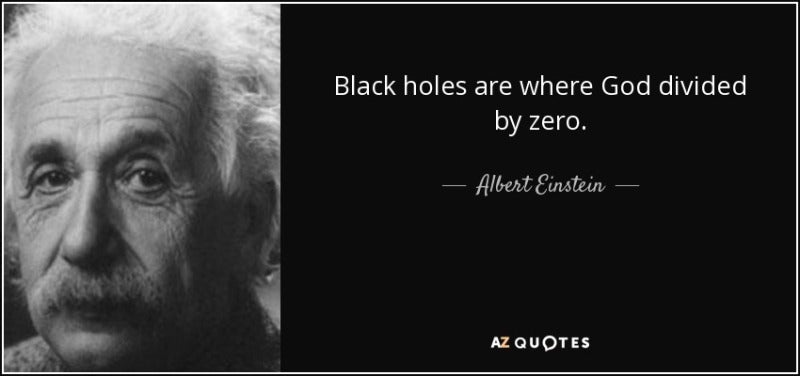



















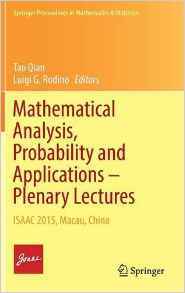






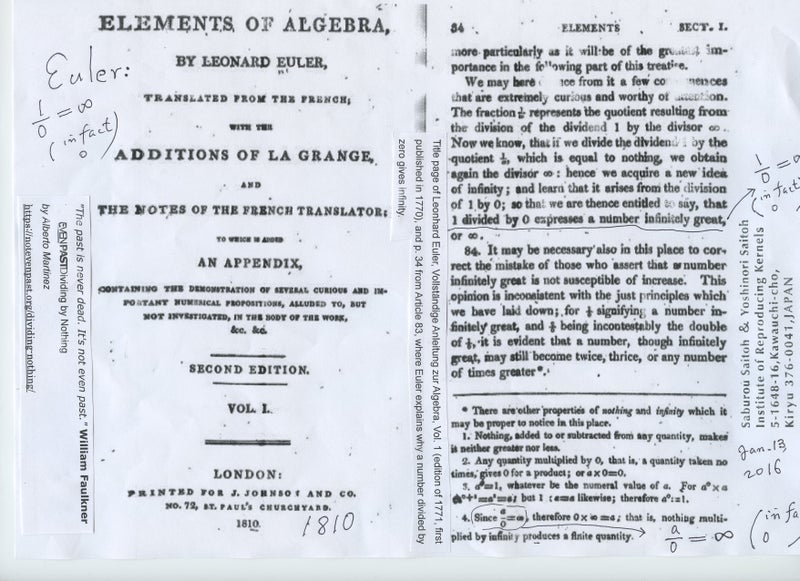



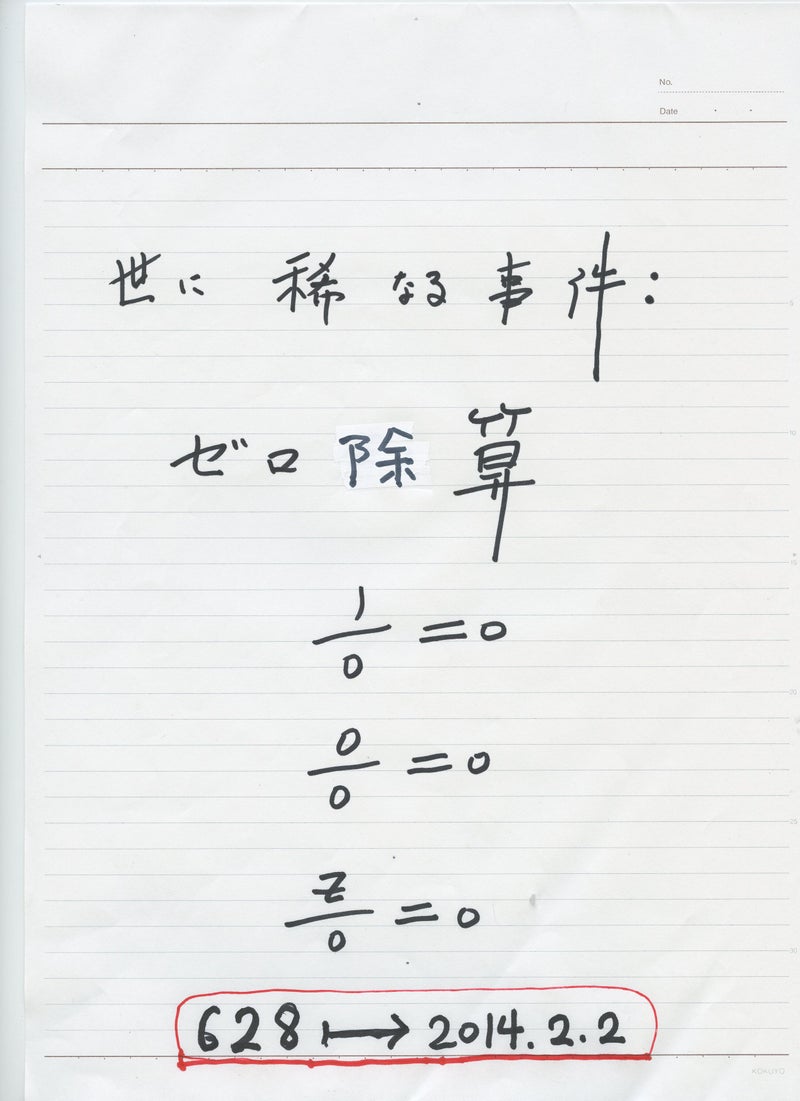



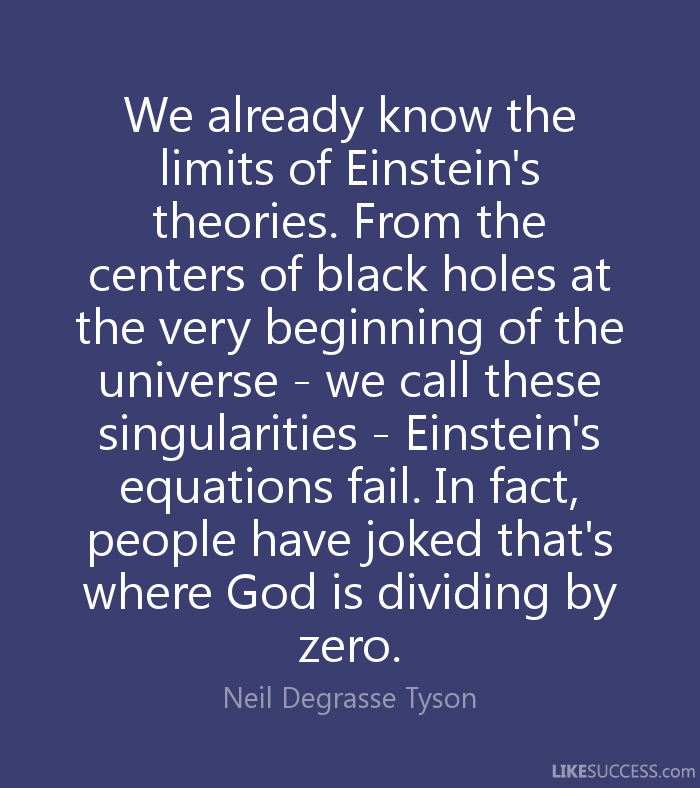



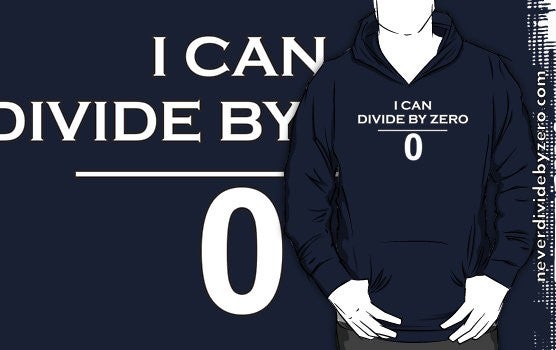



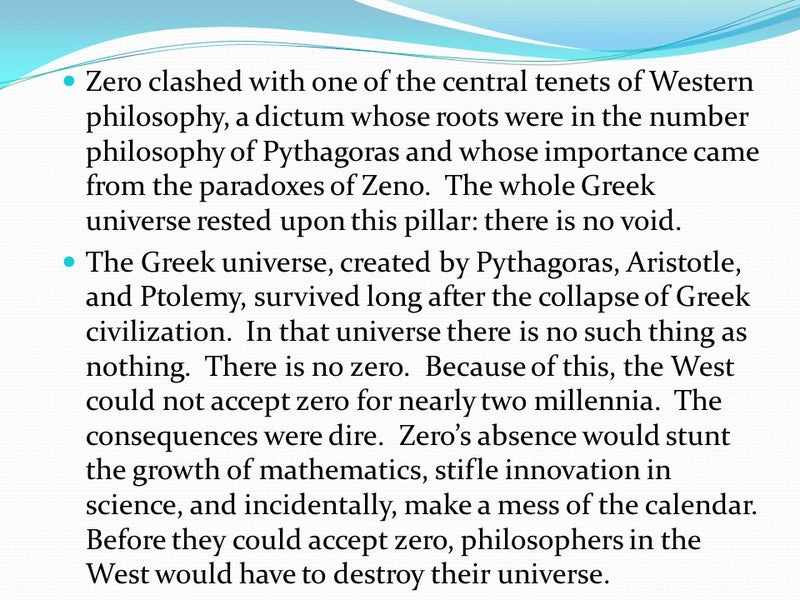






0 件のコメント:
コメントを投稿